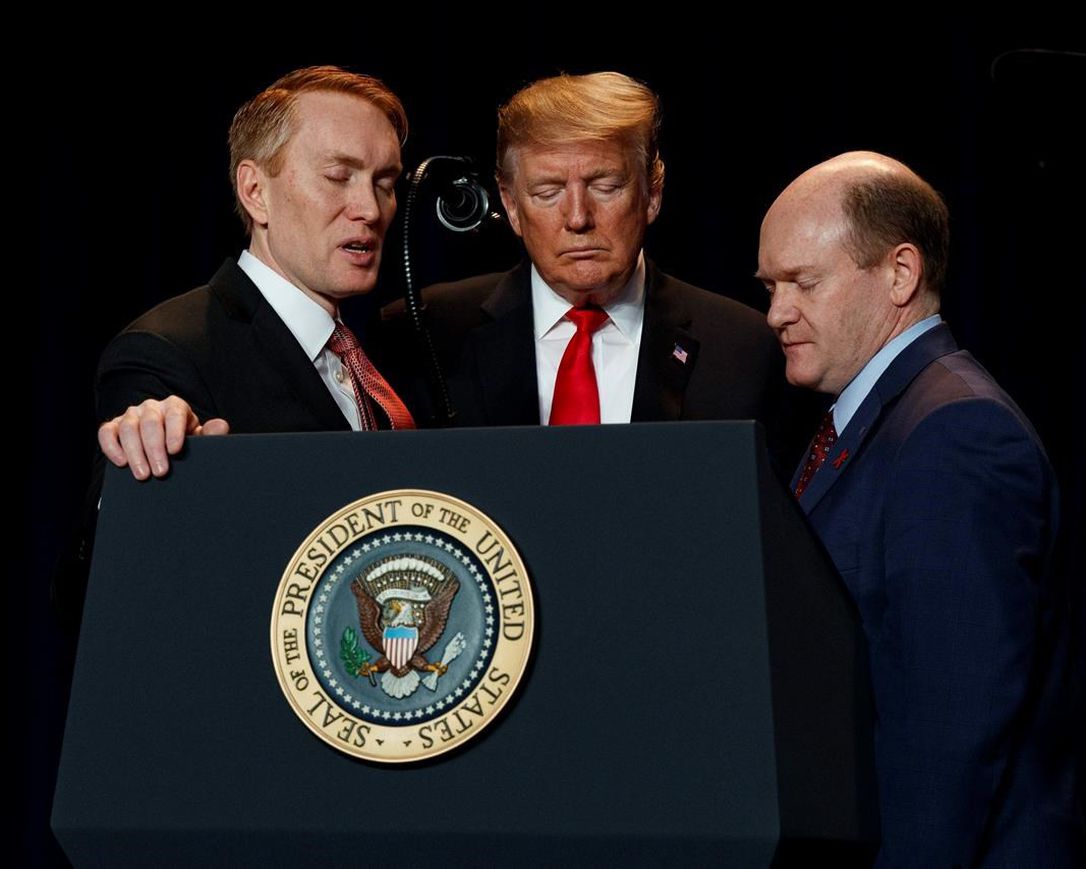“Adoration for Multi-Party Politics” worries Henry Kyambalesa
Notice: Undefined index: catFilterList in /home/zambi/public_html/wp-content/plugins/wp-likes/api.php on line 243
Adoration for Multi-Party Politics
By Henry Kyambalesa
In the 21st Century, the need for each and every sovereign nation-state worldwide to create and/or earnestly embrace an electoral system that provides for multi-party politics cannot perhaps be overemphasized. In the absence of multi-party politics, it would be folly for any given country to claim to have a genuine democratic system of government.
Countries which have single-party political systems of government, for example, can generally be said to be dictatorships. And countries which have two political parties can be said to be pseudo democracies. This includes the United States of America, which elects the President on the basis of the results of the Electoral College[1] rather than on the basis of the popular vote that would directly bestow the presidency upon the candidate who would secure at least 51% of votes cast during any given national election.
If, in this regard, none of numerous candidates sponsored by various political parties garners at least 51% of the popular vote, two of the candidates with the highest number of votes would be required to face each other in a re-run.[2] The candidate who would secure at least 51% of the vote during the re-run would be afforded the opportunity to form government.

Trump’s prayer breakfast jibes jolt many faith leaders in USA
Although the United States has at least 50 registered political parties, the Electoral College system of electing the country’s presidents provides for only two presidential candidates to compete for 538 electoral votes, and for the winner of the presidency to secure at least 270 of the electoral votes.
Historically, the two presidential candidates have generally been nominees of the country’s dominant political parties—that is, the Democratic Party and the Republican Party. Consequently, the country’s dichotomous political-party system has tended to be characterized by extreme, hostile and disconcerting partisan rancor pitting “Democrats v. Republicans,” “Liberals v. Conservatives” or “the Left v. the Right”—such as that exhibited during the 2019/2020 impeachment proceedings concerning President Donald J. Trump.
While the United States can be characterized as essentially being the only and exceptional example of a free-market socioeconomic system in the world today because it has complete private owner¬ship of the means of pro¬duc¬tion and an extensive pluralistic social system, it should perhaps not be regarded as the kind of “democracy” that could be emulated by other countries due to the fact that it does not have a robust and an authentic multi-party political system.
—————————
[1] The term “Electoral College” refers to a body or group of 538 people or electors provided for in the U.S Constitution and that is tasked with the responsibility for electing the country’s president and vice president. The 538 electoral votes represent the 435 Congregational Representatives from the country’s 50 States, 100 Senators elected from the country’s 50 States, and 3 electors given to the District of Columbia.
[2] In some pseudo democracies, the candidate with a simple majority of less than 51% of the popular vote would win the presidency.
By Henry Kyambalesa
January 26, 2020























